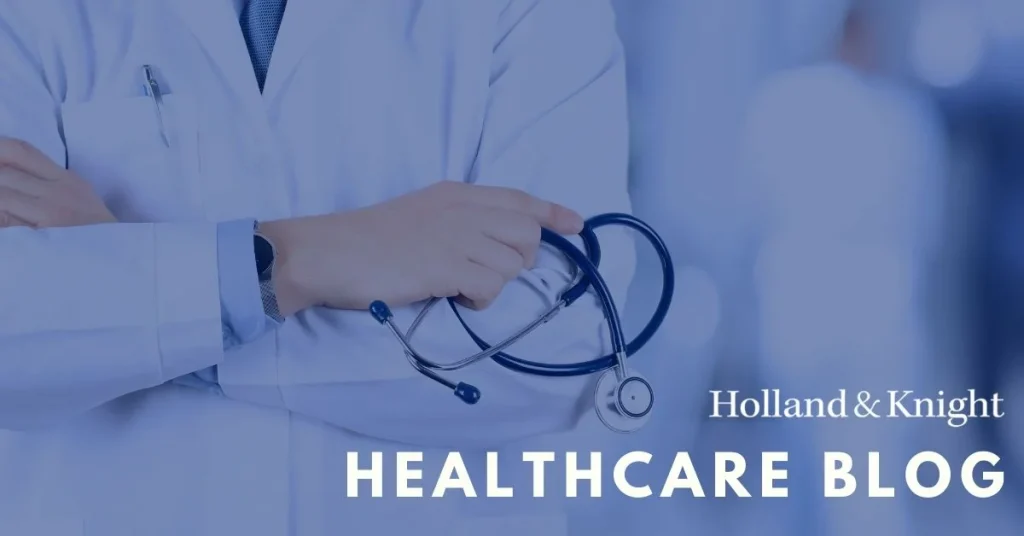Listen to the article
Federal Agencies Strengthen False Claims Act Enforcement in Healthcare Sector
The U.S. Department of Health and Human Services (HHS) and Department of Justice (DOJ) announced plans to bolster their joint False Claims Act Working Group, signaling an intensified focus on healthcare fraud investigations and enforcement actions. The July 2, 2025 announcement outlined several high-priority enforcement areas that will receive particular scrutiny in the coming months.
Medicare Advantage programs top the list of enforcement priorities, reflecting growing concerns about potential fraud within the popular alternative to traditional Medicare that now serves over 30 million Americans. The agencies will also target questionable practices related to drug, device, and biologics pricing, including arrangements for discounts, rebates, service fees, formulary placement, and price reporting.
Other key enforcement areas include barriers to patient access to care, with special attention to violations of network adequacy requirements that ensure patients can access needed services. The working group will investigate kickbacks related to drugs, medical devices, durable medical equipment, and other products paid for by federal healthcare programs – a persistent problem that costs taxpayers billions annually.
Patient safety concerns will drive investigations into materially defective medical devices, while manipulation of electronic health records systems to drive inappropriate utilization of Medicare-covered products and services will also face heightened scrutiny.
This healthcare-focused initiative complements broader DOJ Civil Division enforcement priorities outlined by Assistant Attorney General Brett A. Shumate in his June 11, 2025 memorandum. Shumate’s directive emphasized combating discriminatory practices, ending antisemitism, protecting women and children, ending sanctuary jurisdictions, and prioritizing denaturalization cases.
The revitalized Working Group represents a significant enhancement of cross-agency collaboration between HHS and DOJ. Officials plan to employ sophisticated data mining techniques and leverage findings from HHS Office of the Inspector General (OIG) reports to identify potential violations. The group will also discuss implementation of payment suspensions under federal regulations (42 C.F.R. § 405.370 et seq.), which can be triggered by credible allegations of fraud.
This announcement comes amid growing federal concern about healthcare fraud. In 2024, the government recovered over $3 billion from False Claims Act cases, with healthcare fraud accounting for approximately 90 percent of those recoveries. The Medicare Advantage program has become a particular focus as enrollment has surged and questions about risk adjustment practices have emerged.
Healthcare industry analysts note that this enhanced enforcement effort reflects the Biden administration’s continued emphasis on healthcare access and affordability. The focus on network adequacy requirements and barriers to patient care signals particular concern about insurance practices that may limit patients’ ability to receive covered services.
For pharmaceutical companies, device manufacturers, and healthcare providers, the strengthened working group presents significant compliance challenges. The emphasis on pricing arrangements, kickbacks, and electronic health record manipulation targets areas where complex regulations have created gray areas that some entities have sought to exploit.
Industry stakeholders are advised to implement proactive compliance measures focused specifically on these priority areas. Companies operating in the healthcare space should review their pricing practices, marketing arrangements, electronic records systems, and quality control processes to ensure they align with federal requirements.
Legal experts caution that False Claims Act investigations can result in substantial penalties, including treble damages and per-claim penalties that can quickly escalate into millions of dollars. Beyond financial consequences, companies under investigation often face reputational damage and increased scrutiny from regulators, investors, and patients.
With federal agencies now coordinating more closely and employing advanced data analytics to identify suspicious patterns, the healthcare industry can expect a new era of aggressive enforcement in the coming months.
Fact Checker
Verify the accuracy of this article using The Disinformation Commission analysis and real-time sources.




11 Comments
The healthcare sector is rife with complexity, so disentangling legitimate practices from fraudulent ones can be challenging. I’m curious to see how the DOJ and HHS navigate these nuances in their investigations.
This announcement is a clear signal that the DOJ and HHS view healthcare fraud as a major priority. Companies in the space would be wise to review their compliance programs and stay vigilant.
Kickbacks related to medical devices and equipment is another area that needs close oversight. Those kinds of arrangements can drive up costs and limit patient choice. Glad to see the DOJ and HHS are targeting that.
This renewed False Claims Act working group could have significant implications for the healthcare industry. Companies will need to closely review their policies and practices to ensure compliance. Proactive steps are key to avoiding potential enforcement actions.
Interesting to see the DOJ and HHS doubling down on healthcare fraud enforcement. With Medicare Advantage and drug pricing practices in the crosshairs, this could lead to some high-profile cases and recoveries in the coming years.
Yes, it’s good to see the government taking these issues seriously. Combating fraud and ensuring patient access to care should be top priorities.
With billions of dollars at stake, it’s no surprise the government is intensifying its focus on healthcare fraud. Rooting out bad actors while protecting lawful operations will be a delicate balancing act.
Agreed. The sheer scale of Medicare and Medicaid spending makes this an area ripe for abuse, so proactive enforcement is warranted. But the agencies must be judicious to avoid unintended consequences.
While increased fraud enforcement is generally positive, I hope the agencies maintain a balanced approach and don’t overreach. Legitimate business arrangements shouldn’t be caught in the dragnet. Clarity on safe harbors will be important.
The focus on network adequacy requirements is an important one. Patients deserve reliable access to the services they need, so I’m glad the agencies will be scrutinizing any barriers there.
Absolutely. Ensuring proper network coverage is crucial for patients, especially those with complex medical needs. Enforcement in this area is long overdue.